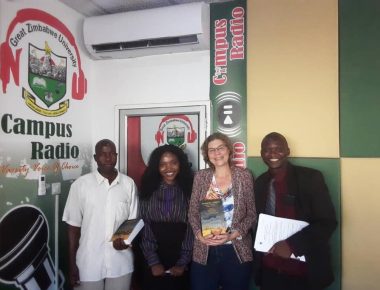An all-inclusive labour market: challenges for refugees
The working population in Europe is expected to decline from 65% to 56% by 2070, while those aged 65+ will rise from 19% to 29% of the population. Participation in the labour market is an important aspect in the integration process of refugees and simultaneously helps to counter discrimnation and enhance inclusion in society. Many refugees in Europe want to work; to establish contacts, take care of their family and contribute to society. Yet, in 2016, the European Commission found that only 25% of the refugees in the European Union had a job after 5 years of residence. Recently, a new report of Labor Market and Vocational Research (IAB) announced that this is now 50% in Germany. Still, there is room for improvement as refugees remain one of the most vulnerable groups on the labour market. Eurodiaconia argues action needs to be undertaken to provide this group with more job opportunities.

